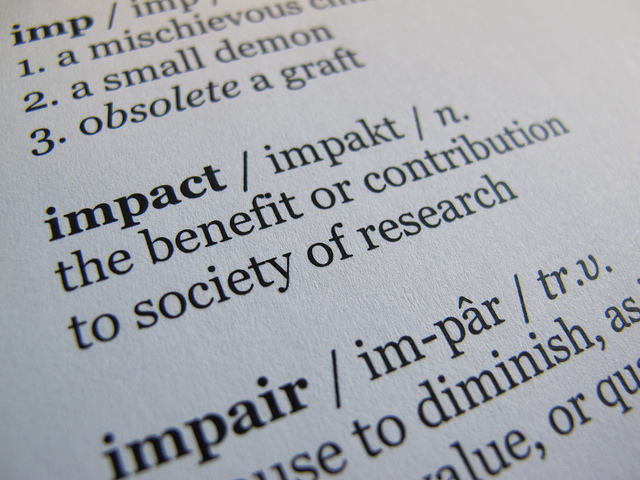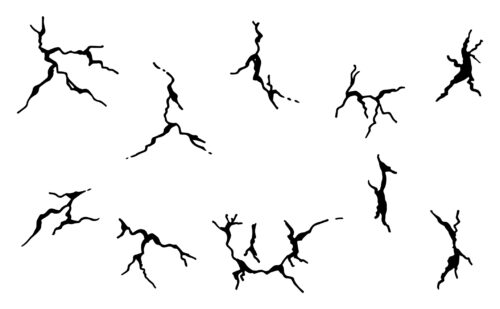HERA Knowledge Exchange and Impact Fellows announced
Posted: 9 March, 2018

Former HERA Project Leaders Professor Jo Sofaer and professor Tony Whyton have been appointed as the first Knowledge Exchange and Impact Fellows for Humanities in the European Research Area (HERA). As Fellows, Jo and Tony lead on knowledge exchange (KE) and impact across Europe for the Humanities in the European Research Area Joint Research Programme, working alongside 24 Research Councils across Europe and engaging in advocacy for the Humanities at the highest levels.
The newly created fellowships aim to create and drive forward a flagship impact network for Humanities research across Europe. By bringing together their vast experience in working with the HERA joint research network since 2010, and their knowledge of European research projects, Jo and Tony have identified three key elements to promote during the Fellowship; advocacy, leadership and legacy.
Jo explains: ‘Our role will encompass advocacy for the Humanities at the highest level including the European Commission, national governments and policy makers. It will also include advocacy for the HERA Joint Research Programme as a world leader in the delivery of knowledge exchange and impact, developing its mission going forward. HERA’s unique transnational structure offers the potential to capitalise on research excellence, extensive networks, and critical mass in delivering novel, thematic, Humanities-based contributions to society. We will enhance HERA’s already strong academic reputation, creating a significant step change in the external recognition of HERA, by promoting key messages about the value and impact of the Humanities, and HERA KE activities, to a range of international stakeholders. We aim to build a coherent, compelling narrative about why Humanities matter by demonstrating the role of the Humanities in modern Europe and actively addressing questions that lead to the development of solutions that improve social, cultural and economic outcomes.
Jo and Tony will provide academic leadership by developing synergies across the programme and working with projects to maximise research impact within and beyond the duration of their grant. Tony states: ‘We look forward to working with current projects within the ‘Uses of the Past’ JRP to help maximise impact and share good practice. We want to create opportunities for project teams to develop skills and understand the potential benefits of KE and impact for research, and to stimulate meaningful conversations between academia, policy makers, business and the general public.’
The Fellows are planning to develop a sustainable infrastructure for excellence, working alongside current projects to exploit opportunities for impact in current and future projects, thereby placing HERA at the vanguard of KE activities. Jo says, ‘At the end of our Fellowship, we hope our legacy will be to have added value by creating vital resources to enable projects to enhance and document KE and impact activities, and share good practice. We aim to develop a model for effective internal communication within HERA and project partners.’
Jo and Tony will use their role to ensure that activities engage, and are relevant to, stakeholders within different national and disciplinary contexts across Europe. Inspiring researchers by developing events and activities that meet their needs, they will take an active interest in nurturing the work of Early Career Researchers who will be the Humanities leaders of the future.

